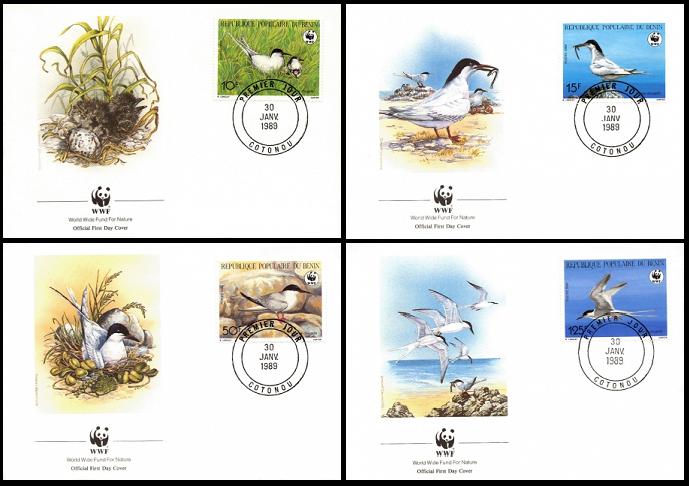The study from the British Trust for Ornithology (BTO) has chronicled the fortunes of our seabirds and found that last summer a single pair in Larne Lough laid at least one egg, but no young are known to have fledged. It comes after the species suffered a "near-terminal decline" in the 1980s, according to the first annual Northern Ireland Seabird Report 2013, which charts the changing fortunes of the seabirds making their homes on our coastal habitats. BTO spokesman Shane Wolsey said roseate terns (Sterna dougallii) used to breed in good numbers in some coastal colonies here but stopped breeding on Mew Island in the Copelands in the early 1960s, and left Green Island in Carlingford Lough in the early 1990s. "It's been a long time coming. Roseate terns have just declined over donkey's years. The last ones have been breeding for some time in Larne Lough," he said. "We have one pair in Larne Lough. You only need something to happen to one of those birds and that is the end of that."
The cause of the decline remains a mystery, although it appears to be linked to increases in herring gulls and lesser black-backed gulls.
"The terns declined dramatically as herring gull and lesser black-backed gulls populations increased on the Copelands during the late 1950s and 1960s," Mr Wolsey said.
"A huge population of terns had been eradicated by 1966 and that included the roseates. They took a nose-dive at that stage."
After that the big gulls peaked in numbers and then dropped again, but the roseate terns never recovered.
"It's not a lost cause in that the biggest population in Europe is in Rockabill, two islands off Dublin which are managed by Birdwatch Ireland," Mr Wolsey added.
"There are roseate terns about – they've been seen at Cockle Island in Groomsport and the Copelands. I saw three one day at Green Island.
"They come and investigate tern colonies. If you could get it right they would come back, but we are not sure what 'right' means."
The report also reveals that common tern and sandwich tern populations are also at a low ebb and decreasing.
Source:
Belfast Telegraph, 30 March 2014
http://www.belfasttelegraph.co.uk/news/environment/tern-for-the-worse-o…

- Login om te reageren
